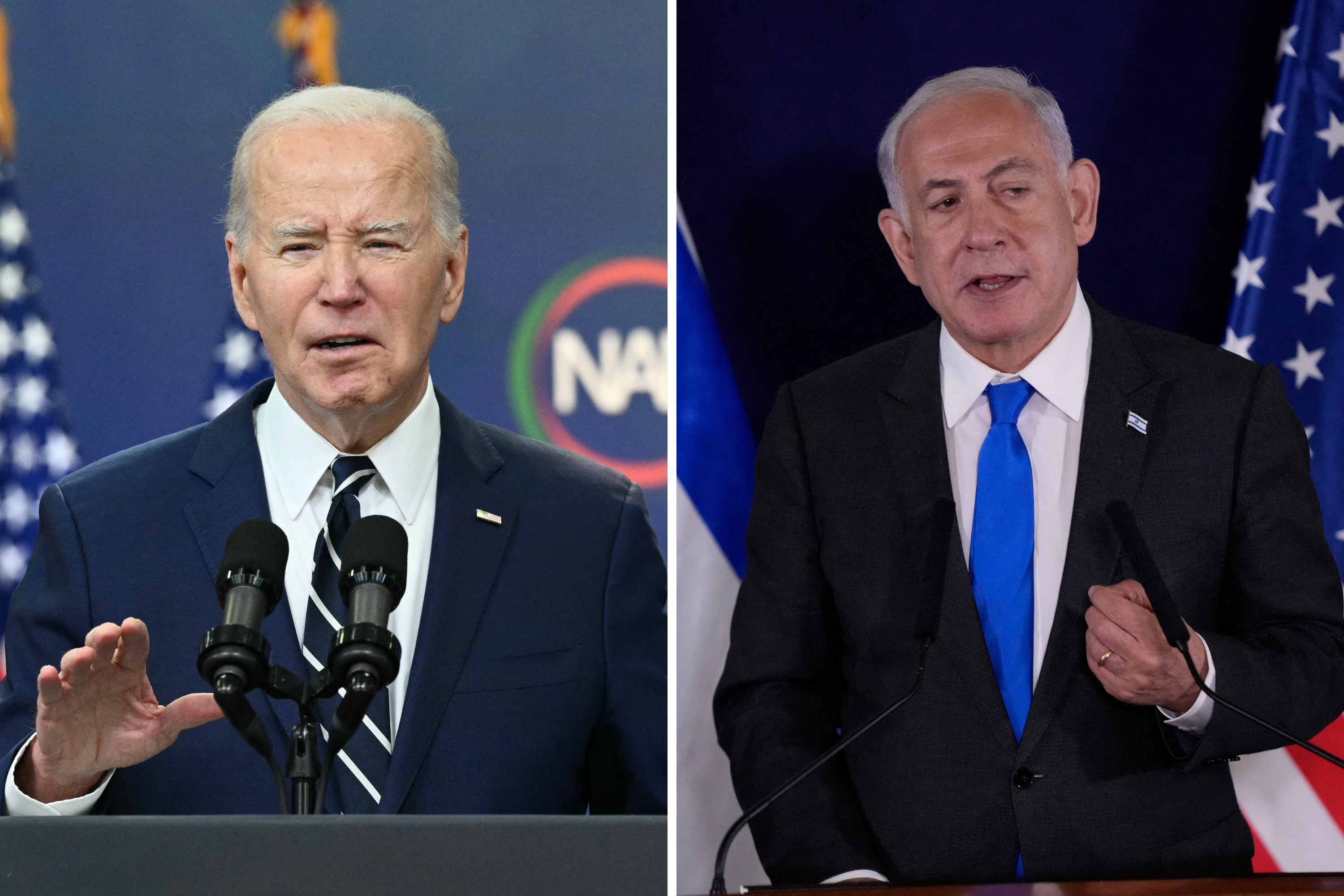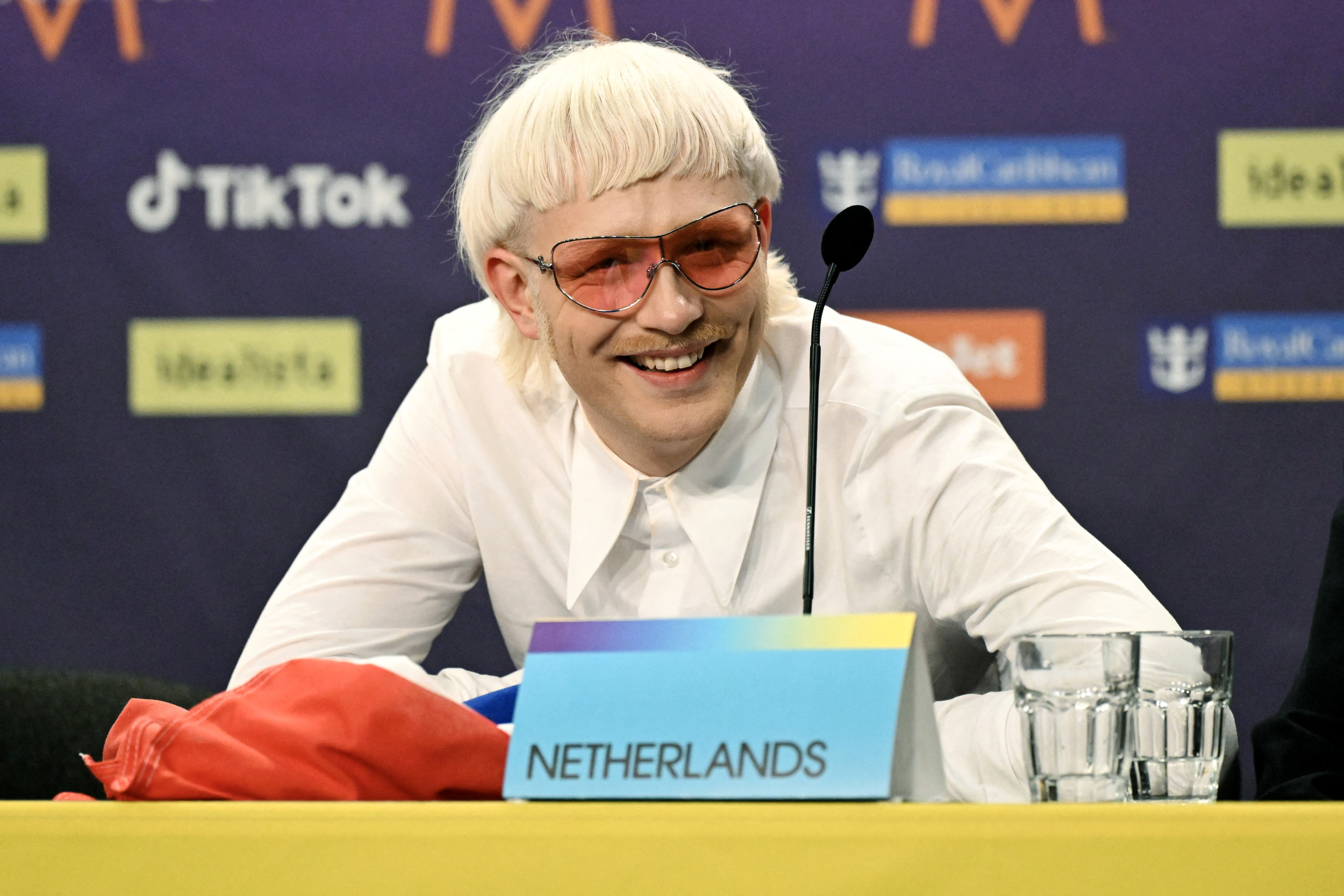Friday's meeting of Ukraine's allies in Ramstein should have been a moment of unity. Ahead of the summit, countries from across the NATO alliance pledged major new commitments to boost Ukraine's security. From air defense to modern artillery and infantry fighting vehicles, these weapons will significantly enhance Ukraine's ability to protect its population and defeat Russian forces on the battlefield. Despite these positives, there was an elephant, or leopard, in the room: Germany's continued refusal to send tanks to Ukraine. This hesitancy makes no sense. It risks isolating Germany from its democratic partners and ultimately prolonging the war.
Over the weekend, Foreign Minister Annalena Baerbock clarified that Germany would not block other European countries from sending tanks to Ukraine. They also agreed for Ukrainian troops to begin training on Leopard II tanks in Poland and launched an assessment of their own inventory. The implication is Germany will eventually change course and agree to send tanks. But why the delay? As German politicians continue to debate, Ukrainian civilians continue to die.
One explanation is that Chancellor Olaf Scholz will only agree if the United States commits to sending its own Abrams tanks. If the U.S. wants to send tanks it would be welcome, but the two decisions should not be linked. The United States has provided more military aid than every other NATO ally combined. When it comes to tanks, Europe must lead. The Leopard II is the most appropriate for the conditions on the ground and is used by a wide number of European countries, who could provide logistical support near Ukraine's borders. So, Chancellor Scholz, stop the excuses and unleash the Leopards.
During this war, Western leaders have taken decisions that were previously unthinkable. However, this has often been too slow and too incremental. We have shied away from giving Ukraine what it needs for fear of provoking Russia. This has had the opposite effect. It has allowed Russian President Vladimir Putin to escalate without consequence. It has given him leeway to target Ukrainian cities and civilian infrastructure. If we want to end this war quickly, Putin must understand we will do all it takes to preserve a free and independent Ukraine.
Ukraine must have what it needs to retake its territory, Europe must prepare its industries for a long war, and the democratic world must start building a framework for Ukraine's post-war recovery.
On weapons supplies, Ramstein was an important step. Allies will massively step up the supply of air defense capabilities, helping Ukraine shut the skies from Russia's barbaric missile and drone strikes. There were also significant commitments on artillery and long-range high-precision munitions, which will allow Ukraine to pinpoint strikes beyond their current capacity and wreak havoc behind Russian lines. Ukraine will also receive large numbers of badly needed infantry fighting vehicles. These can help better protect frontline troops but alone will not allow Ukrainian forces to take back entrenched Russian positions. For that Ukraine needs main battle tanks. Thirteen European countries possess 2,000 Leopards—we can safely send the 300 Ukraine is requesting. Take note Germany for when you are counting the inventory.
Winning this war relies on more than just weapons deliveries. We need to see a fundamental change in mindset from Western capitals. Vladimir Putin still believes our support for Ukraine will diminish. That in the long-run, Russia's fanaticism and brutality will outweigh the West's economic and military superiority. We must show Putin this is not the case. Russia is preparing its industries for a long conflict. We must do the same by hugely increasing ammunition production in Europe. Vladimir Putin must understand he cannot outproduce us.

We must also show we will protect Ukraine's freedom and democracy for as long as it takes. We need to plan for after the war and Ukraine's integration into the European Union (EU) and the wider democratic world. That will only be possible with long-term guarantees for Ukraine's security. That is the purpose of the Kyiv Security Compact, that Andriy Yermak and I co-authored for Ukrainian President Volodymyr Zelensky. It envisages a multi-decade commitment from allies to ensure Ukraine's self defense.
Ukraine needs to develop and maintain a significant military, capable of withstanding Russia's armed forces. This requires sustained investment in Ukraine's defense industrial base, the transfer of NATO standard weapons, intelligence sharing, and intensive training missions under both EU and NATO flags. We must ensure that the cost of a future attack is simply too high to bear. This is a pre-requisite for Ukraine's long-term recovery.
Right now, Germany's actions risk undermining the democratic world's unity. Showing hesitation with Putin will only prolong this conflict. We see from history that dictators only respond to strength. If we remain resolute and united, that is what we have. If Putin sees division in our ranks, he will expand his cruel war. If he sees that our commitment to a free Ukraine is absolute, he will finally understand that his war is futile. Only then will a lasting peace be possible.
Anders Fogh Rasmussen is the former NATO secretary general and prime minister of Denmark.
The views expressed in this article are the writer's own.
Uncommon Knowledge
Newsweek is committed to challenging conventional wisdom and finding connections in the search for common ground.
Newsweek is committed to challenging conventional wisdom and finding connections in the search for common ground.
About the writer
To read how Newsweek uses AI as a newsroom tool, Click here.






